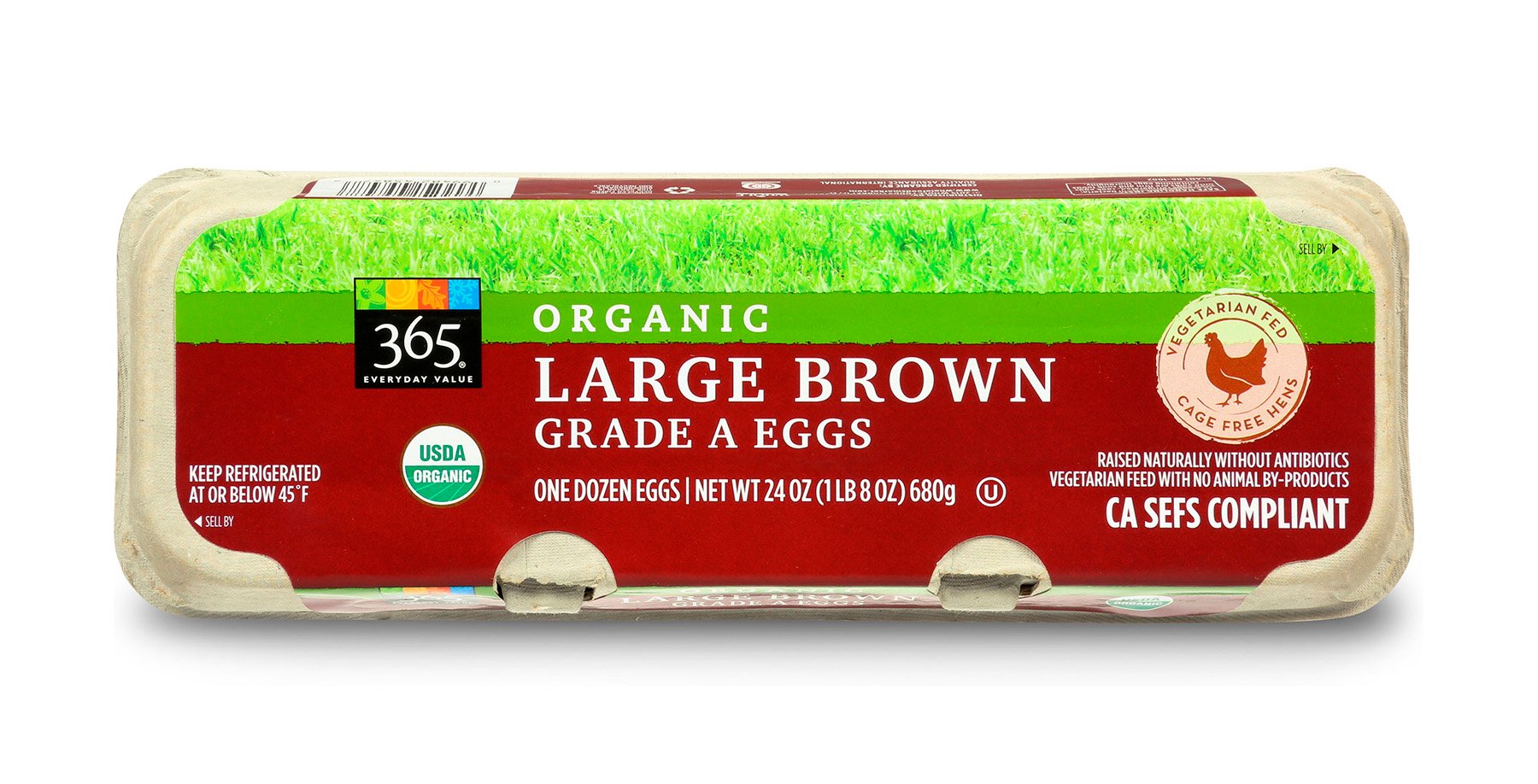Everyone's investing journey is different, and that can make it difficult for any analyst to make the blanket statement: "This is the best stock to buy now." Instead of figuring out how to justify such an assertion, I've been doing something different for the past two years to help the world invest better.
Starting in August 2011, instead of just talking about the best stocks to buy now, I've singled out one every month that I would be putting my own Roth IRA money into. Since then, my average pick is up 37% -- crushing the S&P 500 by 16 percentage points.
Your situation might not be the same as mine -- I'm 30 years from retirement, married, and have one child -- but as long as you've paid off your high-interest debt and have an emergency fund set up, you should be investing in your Roth IRA just as often as I am.
So I invite you to check out my stock purchase for this month -- Whole Foods (NASDAQ: WFM) -- and see why I think it's such an enticing play right now.

A victim of its own success?
Since the depths of the Great Recession, Whole Foods' stock has returned more than 1,000%. Obviously, investor optimism played a big role in that jump, but so did impressive jumps in revenue and earnings.
When 2008 ended, Whole Foods had brought in $7.9 billion in sales while earning $0.41 per share. Fast-forward five years to today, and revenue has increased 63% while earnings have jumped 260%.
A big reason Whole Foods has been able to gobble up so much of the natural/organic food market share is because the competition backed out during the Great Recession. When people are worried about where their next paycheck is going to come from, paying an extra $3 for free-range eggs seems a lot less important.
But that was Whole Foods' entire game, and unlike traditional grocers, it didn't have standard fare to fall back on. So the company pushed ahead, and by the time the economy began to turn, Whole Foods emerged as the no-questions leader of a new food revolution.
But with that success comes imitation. Safeway (NYSE: SWY) has done a great job marketing its own O organics brand that can compete on price with Whole Foods. And since 2010, two other natural/organic grocers have entered the fray with their own IPOs: The Fresh Market (TFM +0.00%) and Sprouts Farmers Market (SFM 7.54%).
When Whole Foods announced earnings in late November, it warned investors that this competition would have an effect on profitability. Same-store sales growth slipped below 6% -- nothing to scoff at, but below what the company has reported over the past four years. Margins will likely shrink as the company competes with others on price.
Why I see an opportunity
By taking a look at the competition, I think it's clear that Whole Foods is still at the head of the class.
Though Safeway's foray into organics has been largely successful, the company will have to spend most of its time focusing on the threat posed by discount giants Wal-Mart and Target.
I've already written extensively on why The Fresh Market will never reach the status of "excellent company": Simply put, it has no idea what it stands for, and its employees know it.
With Sprouts, on the other hand, I have to admit that its growth has been impressive: Same-store sales have consistently risen by 10% -- which is ridiculously high -- since the company went public this summer.
But I think Sprouts might be trying to do too much, too quickly. Go to the company's Glassdoor reviews and the picture isn't pretty: Since it filed to go public, employees have complained that the bottom line is all that matters now. Less than half approve of CEO Doug Sanders, and less than half would recommend the company to a friend.
But just for argument's sake, let's say Sprouts, Safeway, and The Fresh Market do better than I expect. The organic trend is still one of the strongest, most sustained trends of the past 20 years. Sales of organic goods have grown by 16.5% per year since 1998.
While lowering prices based on competition may hurt margins, it could attract a lot more customers who otherwise wouldn't pay so much for organic goods.
And with The New York Times recently reporting that Whole Foods' more unconventional locations -- like Boise, Idaho -- are doing better than expected, I think a lot of analysts are underestimating just how powerful the organic movement -- and the Whole Foods brand -- really is.







